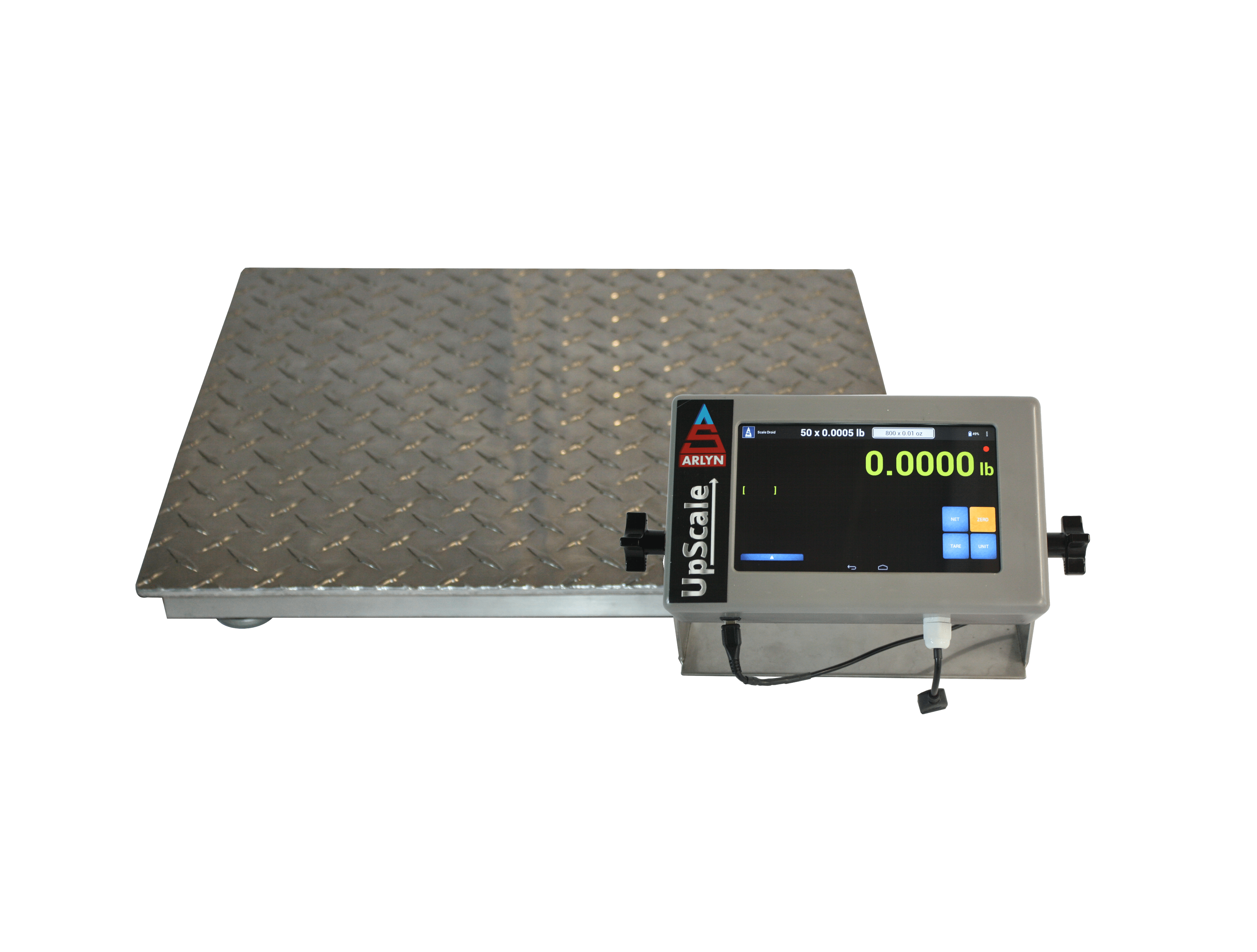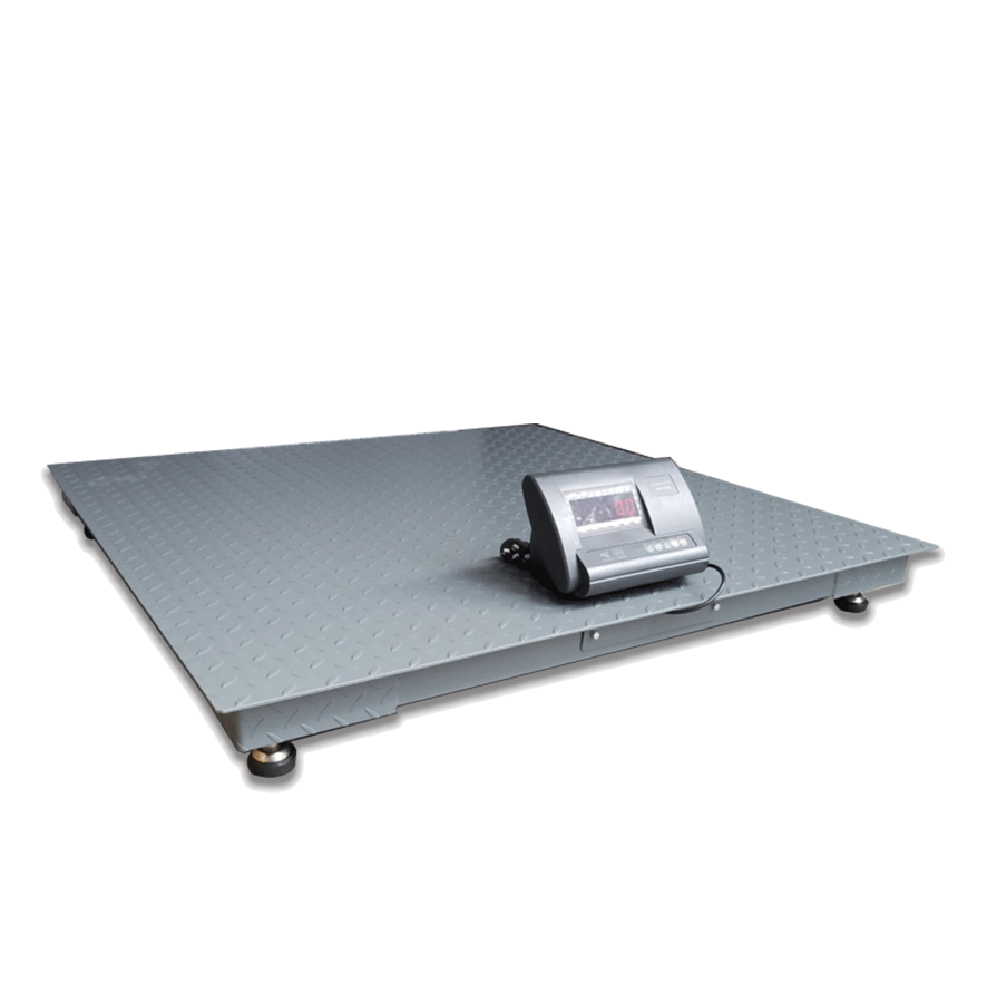Why Accuracy Issues When Selecting Industrial Scales for Job
Why Accuracy Issues When Selecting Industrial Scales for Job
Blog Article

Leading Attributes to Try To Find in High-Quality Industrial Scales
In the world of commercial operations, picking the right range is crucial for guaranteeing performance and precision. Trick features such as accuracy and precision, along with longevity and develop top quality, play a significant function in establishing the viability of a scale for particular applications.
Precision and Precision
Ensuring the accuracy and precision of industrial scales is vital for effective operations across various sectors. Exact dimensions are critical in markets such as production, logistics, and food handling, where even small disparities can cause considerable monetary losses, endangered item quality, or regulative non-compliance. Premium industrial scales are made to supply reliable efficiency, utilizing innovative modern technology to assure exact weight readings.
The calibration process is important in maintaining the accuracy of these scales. Normal calibration against accredited recommendation weights guarantees that any drift in measurement is dealt with, thereby promoting compliance with sector requirements. Furthermore, using high-resolution load cells boosts the range's capacity to discover minute weight modifications, additionally improving its accuracy.

Sturdiness and Construct Quality
Sturdiness and develop quality are important aspects that determine the long life and dependability of commercial scales in requiring atmospheres. Industrial scales are typically based on severe conditions, including direct exposure to dirt, dampness, and hefty loads. For that reason, the materials made use of in their building and construction play an essential role in ensuring they can hold up against these challenges.
High-quality commercial scales normally feature robust housings made from products such as stainless steel or light weight aluminum, which not only offer architectural integrity yet additionally resist deterioration and wear. In addition, interest to detail in the design, such as enhanced edges and shock-absorbent feet, can enhance resilience and protect delicate parts from damage.
Furthermore, state-of-the-art parts, including load cells and digital parts, add to the general build top quality. These components ought to be made to endure temperature variations and vibrations commonly discovered in industrial settings. Making certain appropriate ingress protection (IP ranking) is likewise vital, as it indicates the range's capacity to hold up against dirt and fluid direct exposure.
Eventually, choosing industrial ranges with premium toughness and develop top quality will certainly lead to a much more dependable, resilient option that satisfies the rigorous demands of numerous industrial applications.
Lots Capacity and Array
When choosing commercial ranges, comprehending their lots capacity and variety is essential for conference details operational requirements. Lots capacity describes the optimum weight that a scale can precisely measure, while the range indicates the range of weights the range can handle efficiently. It is critical to choose a scale that not only fulfills existing requirements however additionally accommodates prospective future needs.
Various industries have special weight dimension needs. For circumstances, a manufacturing facility may call for ranges efficient in evaluating hefty equipment parts, while a lab could only need scales for lighter materials. Choosing a range with a suitable lots capacity makes sure accuracy and precision, preventing overloading that might result in devices damages Continue or imprecise analyses.
A range that can determine both hefty and light weights precisely can enhance operational efficiency, enabling for versatile applications. Spending in scales with ideal tons capacity and array dramatically adds to productivity, conformity with industry standards, and general operational integrity.
Convenience of Use and Upkeep

In enhancement to user-friendliness, ease of maintenance is one more critical facet to consider. Scales that are developed with obtainable components help with routine maintenance jobs such as cleansing, calibration, and battery substitute. A modular layout can better streamline these processes, permitting fast repair work and minimal downtime.
Moreover, the materials used in the building of industrial scales play a substantial duty in upkeep. Ranges made from long lasting, corrosion-resistant products are simpler to clean and less susceptible to damages, which extends their life expectancy and reduces general functional costs.
Routine maintenance timetables, guided by the maker's recommendations, are necessary for guaranteeing optimum efficiency. By prioritizing simplicity of usage and maintenance, services can guarantee that their commercial scales stay reliable, reliable, and effective tools in their operations. This causes boosted performance and a more efficient process.
Connectivity and Assimilation Alternatives
Incorporating industrial scales into existing operational structures is substantially boosted by durable connection choices. High-grade commercial ranges should offer multiple connectivity methods, consisting of USB, Ethernet, and cordless alternatives such as Wi-Fi or Bluetooth. These attributes facilitate seamless data transfer to important source central databases, ERP systems, or cloud platforms, allowing real-time tracking and reporting.
Furthermore, progressed combination choices enable compatibility with existing devices, such as printers or barcode scanners, boosting and simplifying procedures workflow efficiency. Ranges that sustain industry-standard methods, such as Modbus or RS-232, can quickly communicate with various tools and systems, making certain a natural functional environment.
Another essential facet is the capability to integrate with software program services that analyze and envision data - Industrial Scales. Ranges furnished with APIs or software application development sets (SDKs) provide organizations the versatility to customize capabilities tailored to their specific requirements
Lastly, taking into consideration future scalability is important; selecting ranges that can adapt to evolving technical advancements guarantees lasting worth and lessens the requirement for expensive replacements. In recap, assessing connection and assimilation choices is essential when picking top quality industrial ranges that will certainly boost functional effectiveness and data administration.
Verdict
In conclusion, picking high-quality commercial ranges requires careful factor to consider of numerous important functions. Industrial Scales. Prioritizing these attributes inevitably leads to enhanced productivity and lasting worth in industrial applications, reinforcing the relevance of notified decision-making in scale selection.
In the world of industrial operations, picking the right scale is critical for making certain effectiveness and accuracy.Ensuring the precision and accuracy of commercial scales is extremely important for efficient operations throughout different sectors. Lots capability refers to the optimum weight that a scale can accurately determine, while the range suggests the spectrum of weights the range can handle successfully. A manufacturing center may call for scales qualified of weighing heavy equipment elements, while a research laboratory might just need scales for lighter products. By prioritizing convenience of use and upkeep, businesses can make certain that their commercial scales stay reliable, trustworthy, and effective tools in their procedures.
Report this page